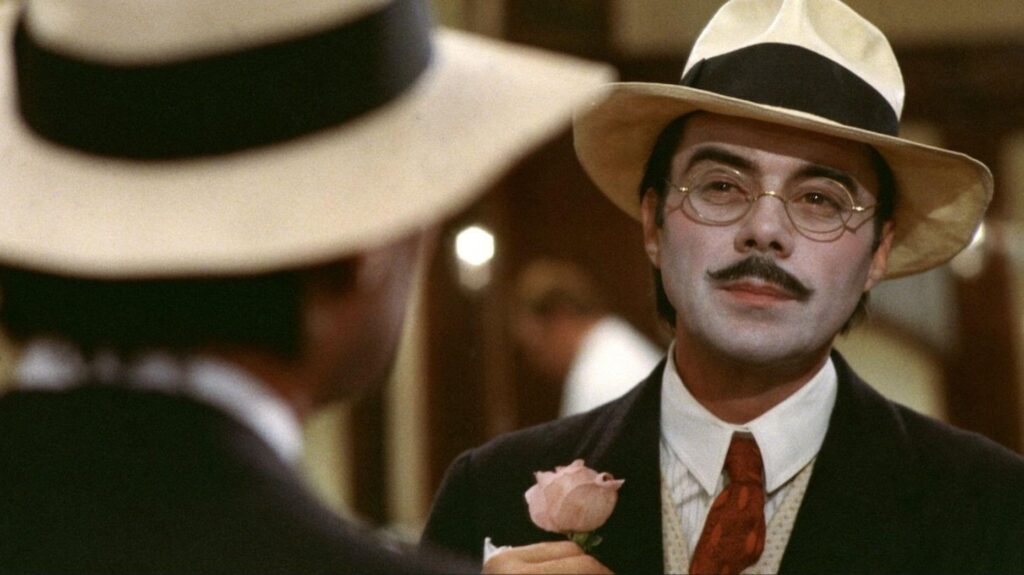This is my second reading of Jane Eyre, having read it before when I was a teenager. At the time I understood this book as a romance and was thrilled with the love story of Jane and Mr. Rochester. However, the second reading changed my perspective on the book. It is still basically a love story, but it is also a story of a courageous young girl called “Jane Eyer” who is trying to find her place in the world. Narrated by the character herself, the story flows from her orphaned childhood to her adulthood, and from her childhood miseries to a blessed and happy life.
Jane tells her story quite methodically and without reservation leaving the readers to form their own opinions on her life. It is fair; Charlotte Bronte should have the freedom to decide on how she should present Jane’s story. But this methodical and overcareful presentation made the reading experience less exciting, and at times, boring. The first quarter of the book is more autobiographic. Often I felt as if I were reading Charlotte’s own tale than Jane’s, especially when reading the school chapters. But once Jane meets Rochester, the story becomes more inviting.
The writing is beautiful. I’ll give that credit freely to Charlotte. And the carefully organized structure kept the order of the flow of the story. However, the too detailed descriptions of scenery or feelings and thoughts of the characters disturbed the flow of the story, and she took ages to come to a point.
As to the characters, I just couldn’t like Jane. It is a real pity. Perhaps, it was because of the way she was presented by Charlotte. She was goodhearted, principled, strong, and courageous. All is good. But Charlotte could not hold on to the character traits that she has so carefully portrayed in Jane, making her contradictory numerous times. And I couldn’t like Mr. Rochester either. I did pity him for the peculiar state he found himself in, but I could not forgive him for his deceit and possible damage he could almost have done to Jane. Although Rochester did love Jane, his attitude that since Jane is an orphan and has no kin or friend in the world that it was alright to live with him made me question his morals. Then, there was St. John Rivers, Jane’s newly found cousin. There were so many contradictions to his character that I hardly understood him. My interpretation of him was that he was a cold, selfish, and manipulative man. But throughout his character, I saw that Charlotte trying to justify his person saying although he has his follies, he is still a good man. I wonder who St. John represented in Charlotte’s real-life that she needed to defend him with such earnestness.
It was a good story overall, and Charlotte’s writing was beautiful. But for some strange reason, this book did not arouse passionate emotions in the same way it did when I read her sisters’ works. I found myself a passive reader for the most part of the book. I liked the book, it was good, but I couldn’t love it. Charlotte is no doubt a good writer, but she falls behind her sisters in storytelling.
Rating: 3/5



